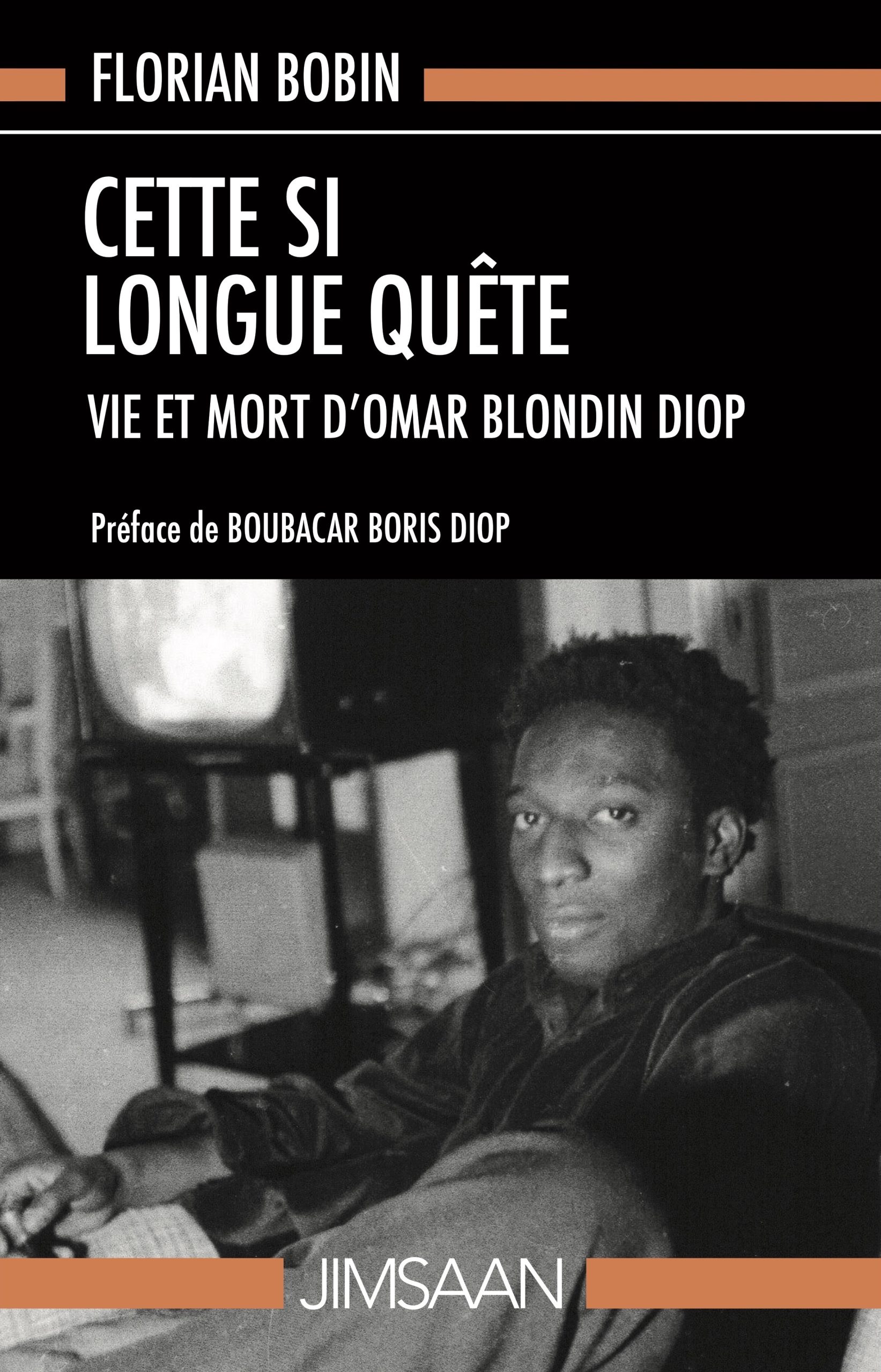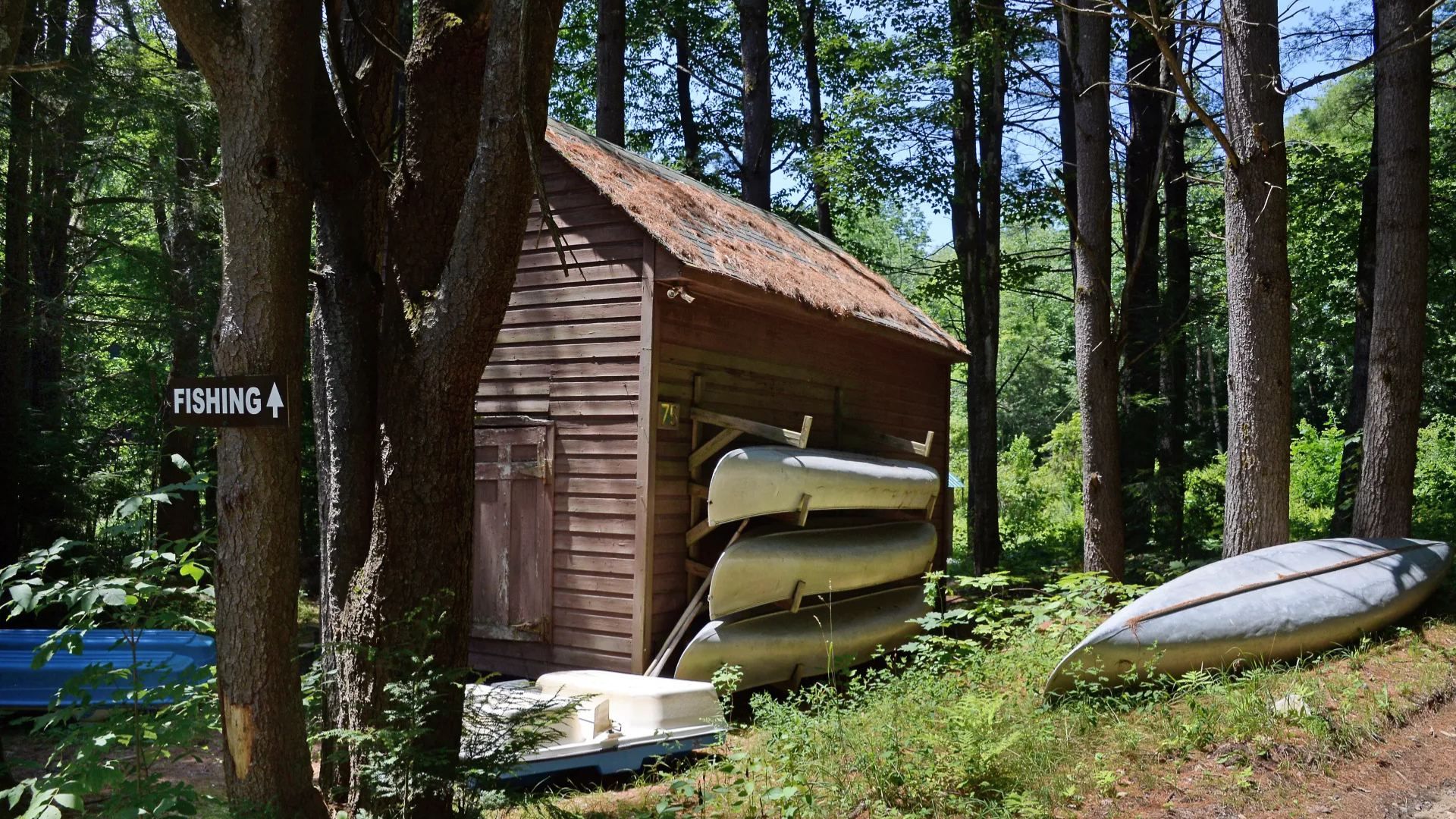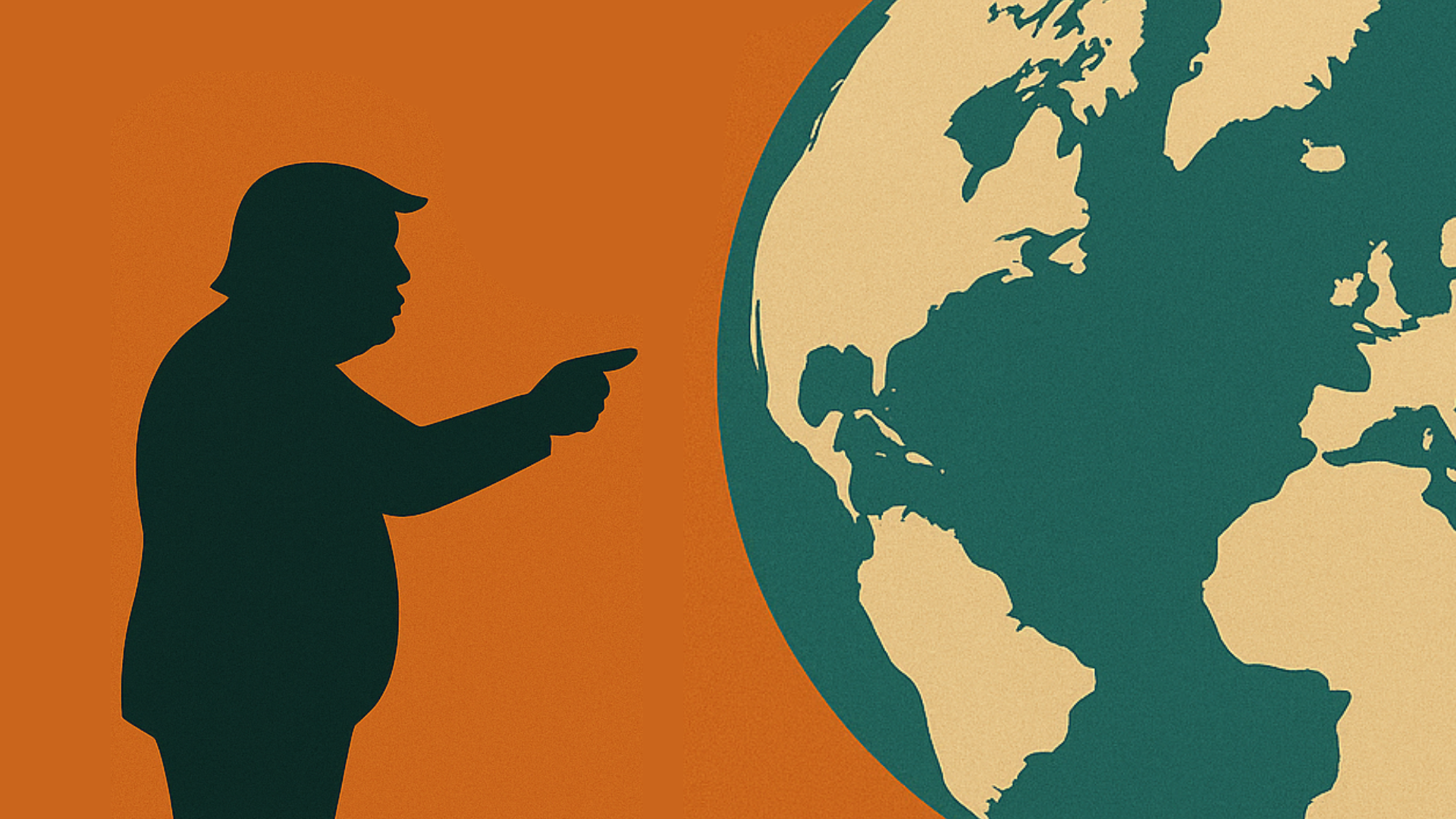

Florian Bobin in Senegal, 2024. Photo via PAR Studio.
Florian Bobin graduated with a dual degree from UBC and Sciences Po in 2020, majoring in History and minoring in African Studies. He is currently pursuing a Master’s degree in Contemporary African History at the Cheikh Anta Diop University of Dakar in Senegal. In May 2024, Florian will be publishing his first book, Cette si longue quête, a biography of the Senegalese philosopher Omar Blondin Diop.
In this Q&A, Florian shares details about Diop’s impact on international decolonial solidarities, his journey from UBC undergraduate to published author, and his advice for current students who want to forge a path as a practicing historian.
What has your journey been like since your time at UBC?
After receiving my BA from UBC in 2020 (dual degree with Sciences Po, France; History major, African Studies minor), I decided to return to Senegal – where I had spent my teenage years – to continue my ongoing research on liberation struggles and state violence in the country’s early post-independence history. I am currently a Master’s student in Contemporary African History at the Cheikh Anta Diop University of Dakar.
You’re about to publish a biography of Senegalese philosopher Omar Blondin Diop. How did you come across Diop’s life and work? What made you decide to write about him?


I first came across Omar Blondin Diop’s life and work in 2018, during the 50th anniversary of the May ’68 student protests in France. Diop was a young African philosopher popular among prominent intellectuals and activists in post-colonial France. He was radicalised by his country’s continued close ties with the former colonising power, and was imprisoned by its Western-backed authorities before dying in prison under suspicious circumstances. His story struck me as a fascinating entry point into an under-researched field.
What impact has Diop had on African decolonization and the international solidarities between Africa and the world?
Diop was at the heart of the Global Sixties. He embraced the ideological currents of anti-imperialism, anti-racism, Marxism, and pan-Africanism. He wrote about popular theatre as a mode of revolutionary expression in Senegal, Vietnam’s efforts to counter the American bombings, and the rise of rock and roll among disenfranchised British youth. He was also associated with activists from Africa, South America, Europe, and North America, notably from the Black Panther Party, the Students Democratic Society, and the Front de libération du Québec.
What has your research methodology been like for this book project?
The starting point of my research was to review the existing literature and gather as much information as possible from secondary sources like academic publications, book chapters, and journal articles, especially about Diop’s historical context. Because so little had been written about his life, I conducted numerous interviews with his family members, friends, and fellow activists, mostly in Dakar, Paris, and Bamako. These were done during my summer breaks while at UBC, and periodically after I moved back to Senegal. Finally, in order to fill in some gaps and to cross-reference with written documents, I delved into various Senegalese and French archives, including government and law enforcement documents, press records from international, state and private news agencies, and personal manuscripts, letters, and readings.
What are some skills or knowledge you gained at UBC History that you found helpful during this process?
Once I began to immerse myself in this research project, I had the opportunity to write about closely related topics in a wide range of courses at UBC History, from “African and Caribbean Literatures of French Expression” to “Third World Revolutions”, “International Communism and its Legacies”, and “History of the Book”. Two courses in particular were central to my time in Vancouver: Tamara Myers’ “The 1960s in Global Perspective”, for which I wrote a paper on the film One Plus One as a central piece of the Global Sixties where Omar Blondin Diop, Jean-Luc Godard, The Rolling Stones, and the Black Panthers converge; and David Morton’s “Writing History” seminar, which allowed me to explore post-colonial Senegalese identities using a photograph of Omar Blondin Diop as a starting point.
What advice would you give to current History students?
The advice I would give to current History students is to embrace all forms of knowledge dissemination. Once you have done solid research with method and rigour, remember that history belongs to the whole of society: while academia provides you with a space to pursue your work, multimedia productions (such as documentaries and online videos, radio and podcast shows, static and story maps, comic books, museum exhibitions, theatre plays, children’s books, etc.) also offer fantastic avenues for popular education.


